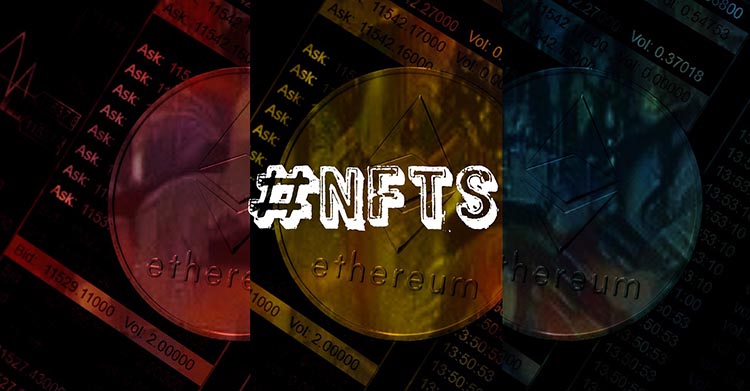 Thinking of starting an NFT collection? Or perhaps you’re on the brink of launching and wondering about legal considerations. Either way, we’ve compiled this list of nine pre-launch NFT legal checks.
Thinking of starting an NFT collection? Or perhaps you’re on the brink of launching and wondering about legal considerations. Either way, we’ve compiled this list of nine pre-launch NFT legal checks.
1. Business Formation
Forming a business entity doesn’t cost much, and having one goes a long way in protecting your assets and personal property, so don’t brush it aside. Form a business for your NFT project. Not only does it confer liability protection, but it gives the project credibility, which is important.
2. Contracts and Terms
Do you have the proper agreements and terms tailored for your project? Having involved parties agree to conduct codes and service terms can save you loads of legal headaches down the line.
3. Smart Contract Review
Smart contracts are immutable, so before launch, it’s best to have an attorney review the conditions and determine if the provisions meet legal muster. This step is critical if the smart contracts contain built-in provisions for secondary sales, royalties, transaction costs, and ownership stakes.
4. Intellectual Property Check:
Secure permission from every person or business that retains copyright and trademark rights to materials used in your NFT collection. These may include music labels, franchises, corporations, artists, musicians, and agents. Click here to read about the Art Wars NFT intellectual property legal conflict. It’s an in-depth explanation of how IP law can affect NFT launches.
5. Securities Law Check
Your NFT offering needs to be structured in a precise way to avoid scrutiny from the SEC and other government agencies. For example, you shouldn’t directly fold proceeds back into the project or platform. Doing so may shift the nature of your business in the eyes of the law and trigger a bunch of registration requirements.
6. Money Transmitter Rules
Who is processing the payments? Whomever it is may be viewed as a “money transmitter” in many jurisdictions and therefore subject to certain treasury and monetary regulations. Some businesses get around this hurdle by partnering with entities already registered as money transmitters. However, setting up one of these deals requires in-depth knowledge of the regulatory landscape and a precise legal hand. Working with an NFT lawyer is ideal.
7. Consumer Protection and Marketing Laws
FTC promotional rules apply to NFT launches, projects, and businesses. As such, you must be open and honest about risks, avoid unfair and deceptive marketing pitfalls. Do you know the parameters? If not, check in with an NFT marketing attorney.
8. Anti-Money Laundering
Many anti-money laundering laws now mention crypto by name. Law enforcement takes these statutes very seriously, so make sure you comply with any and all that apply to your operation.
9. Data Privacy Laws
Digital privacy cannot be ignored. Does your project comply with regulations laid out in the General Data Protection Rule? Even though it’s an EU law, stateside companies are still subject to its parameters if they want to accommodate European participation. GDPR fines can be huge, so make sure you’re operating on the right side of the law!
Connect With an NFT Lawyer
The Kelly Law Firm works with startups, established businesses, and certain types of investors on various NFT legal issues. Get in touch today.





